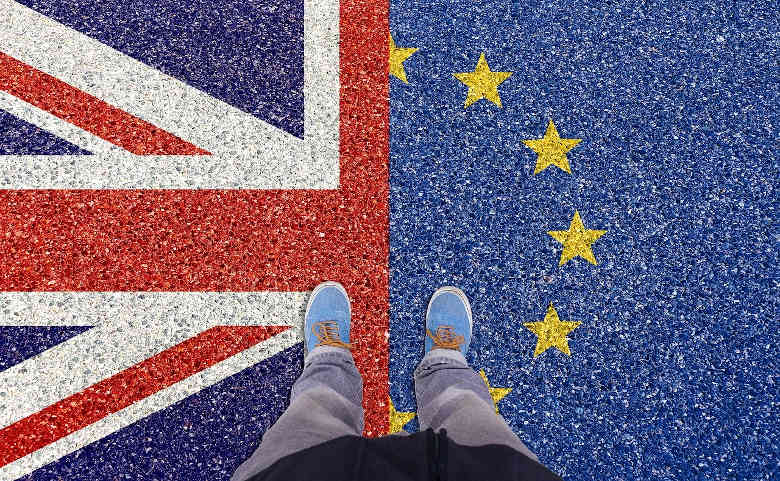A renewed emphasis on manufacturing, domestic food production, and big cuts in business taxes are needed to kickstart Britain’s stagnant economy, according to a detailed blueprint for national recovery authored by Rt Hon Sir John Redwood, former Cabinet minister and former head of Margaret Thatcher’s Downing Street policy unit, and published by the Centre for Brexit Policy.
Key elements are a cut in the corporation tax rate to 15 per cent, raising the VAT threshold to £250,000, and reductions in energy taxes to boost the country’s waning manufacturing sector.
The paper also urges far-reaching education changes targeted on encouraging more young people to set up and run their own businesses or operate as self-employed in a break with the current tendency to seek graduate jobs with big companies or public sector bodies.
Sir John says that the country will prosper only if there are radical changes throughout the economy and society.
“We will get the deficit down only if we grow the economy. We will only grow the economy if we reduce tax rates and grow a bigger taxable base.
“We will only get inflation down decisively if the UK invests in more capacity. We need to grow more food, produce more energy and make more goods.
“Inflation results from too much money chasing too few goods. The Bank has sat on the too much money with a vengeance. We now need to produce more, generate national growth, and improve self-sufficiency.
“The Government needs to set a clear, distinctive course toward restoring its industrial and agriculture base based on supply-side reforms and to have the courage to see it through with the energy, wit and wisdom to communicate its vision to the public.”
The paper entitled, Britain Must Restore Its Industrial and Agriculture Base to Escape Its Current Woes: A Blueprint for Recovery, says the Government’s central task is to create the economic climate in which business can thrive and grow.
Part of the solution must be to eliminate “unnecessary and dysfunctional spending” by reversing the post-pandemic slump in public sector productivity and making other savings.
This could be done, for example, by terminating the HS2 scheme after completion of the west London to Birmingham section, rolling back subsidies to business as carbon pricing and high taxes on business are removed, delaying the £20 billion carbon capture and storage scheme, imposing a recruitment freeze in the civil service allowing retirement and natural wastage to reduce payrolls, as well as capitalising on other opportunities. Existing northern rail links should be improved with digital signalling to raise capacity much more quickly and cheaply.
“The UK teems with opportunity for a new march of the makers, a new drive to produce more for ourselves, to cut the costs of imports and generate more well paid jobs at home.
“Our nation of inventors needs to get better at using our creativity and originality to make the final products. For example, we could drive more cars made in the UK.
“A nation should not be too dependent on the goodwill and generosity of others, borrowing to afford imported goods.
“We need to encourage more business people to set up and offer new goods and services by creating an attractive environment for business.”
Critical to success is for ministers to “avoid taxing enterprise to death”.
Tax rules for the self-employed, now down by 800,000 people since the pandemic, should be relaxed and swingeing levies on the oil and gas industries should be eased to encourage production and enhance energy security.
Producing much more of our own gas will cut world CO2 instead of importing liquid natural gas (LNG). LNG imports substantially increase world CO2 output.
Sir John writes: “It is indisputable that the energy policies of recent years have undermined the UK’s commercial competitiveness and national security. The dash for renewables has led to many more imports of electricity as fossil fuel generation is shut down.
“High energy prices have driven energy-dependent industries like steel, ceramics, glass and building materials to make more abroad. Environmental policies have set higher priorities on wilding land or hosting solar arrays above growing food. The Ukraine war has brought this into sharp relief.”
“It is good news the government is delaying a ban on new petrol and diesel cars . The industry should be free to develop synthetic fuels as an alternative to battery cars. The transition needs to be at a pace the consumers want.”
ENDS
Click here to read the paper.

